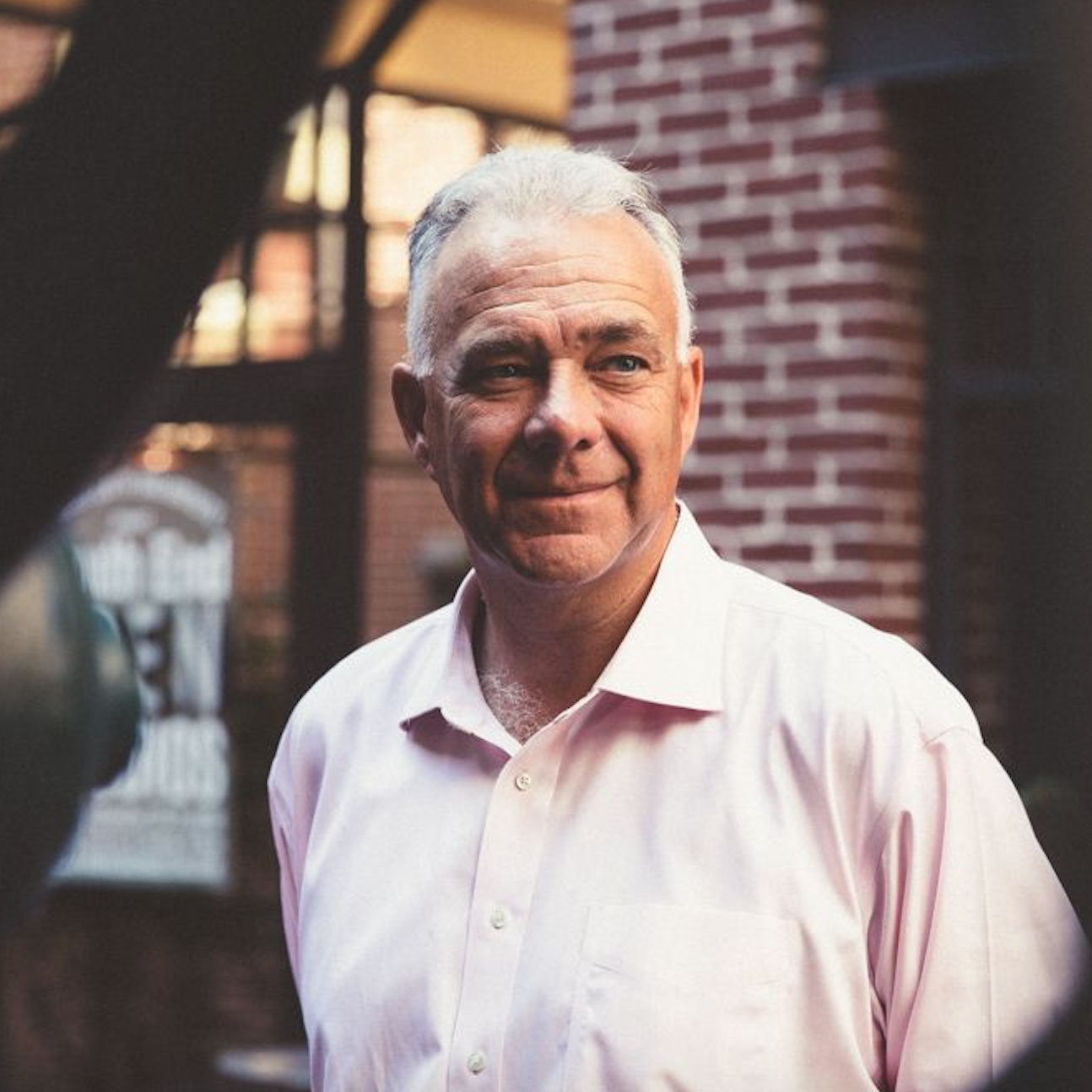Small Agency Awards
Connelly Partners took a hard look at itself—and didn't like what it saw: Living on the Edge

May 19, 2020 04:45 PM
Featured Stories
8 streaming and CTV predictions for the TV upfronts
Media buyers and sellers predict the most significant changes to the TV upfront brought on by streaming—and if this is the year streaming and linear reach investment parity.




